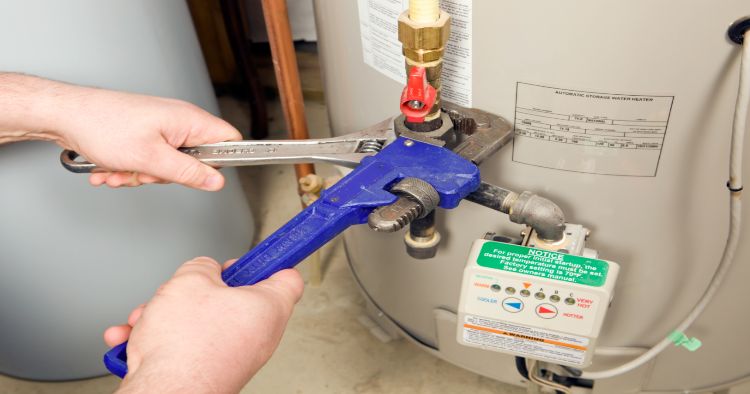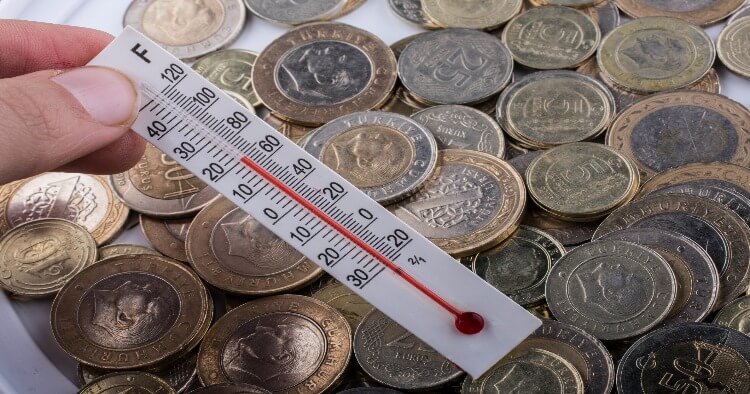Types of Hot Water Heating Systems

Having a bad day today. Started my morning off with the hot water heater in my house giving out while I was in the middle of a shower. I still don't know whether I was more shocked or angry. (My family would attest by my screaming and yelling that I was probably a lot of both!)
If you’ve ever experienced this or you’ve noticed common signs of water-heater failure, now’s maybe a good time to learn about the different types of water heating systems:
The main debate: Tank-equipped vs. Tankless heaters
Most likely, standard storage-tank models are the hot water heaters you're most familiar with. As The Home Depot points out, their main value pitch is based in sheer volume: These heaters' tanks range in capacity from 20 to 80 gallons, and whatever the volume is, they keep it at a steady temperature of 120 degrees Fahrenheit - provided they're working at their full efficiency.
Tankless water heaters are much smaller because they are not designed to continually store water. Instead, a system of sensors and other components get water valves going on demand - the second someone in the house hits a hot tap, according to Home Stratosphere. They then quickly heat the water as it passes through the pipes, and it comes out just the way you like it.
Those concerned with sustainability and protecting the Earth will be happiest with tankless heaters, as they run more efficiently than their traditional counterparts and positively affect annual energy costs. On the other hand, they're expensive to buy and install upfront.
Learn More About Home Repair Plans Near You
Alternative heater options
Here are some other water heater options:
-
Heat pump/hybrid water heater:
This model blends the principles of an electric tankless heater and conventional tank model and can be more energy efficient than both - but it requires a lot of vertical clearance, making it hard to install.
-
Condensing heater:
A condensing water heater uses heated exhaust funneled from your home's natural gas furnace to keep showers and kitchen sinks warm. It's not really viable for homes that aren't gas-heated.
-
Solar-powered water heater:
Definitely the most environmentally friendly heating option, and worth it if you already have solar panels, though they're extremely expensive and thus not feasible for many homeowners on a strict budget.
Being prepared ahead of time for unexpected appliance and home system breakdowns is a good strategy. Plans from TotalHome Warranty from HomeServe can help you manage the costs of covered repairs.


